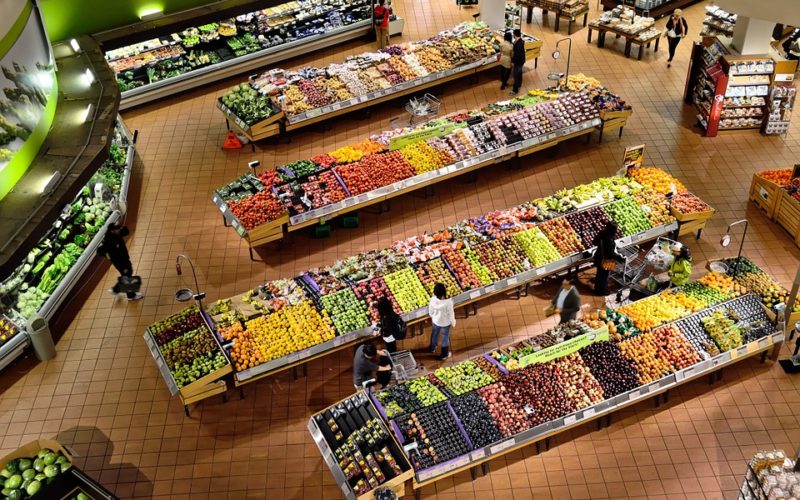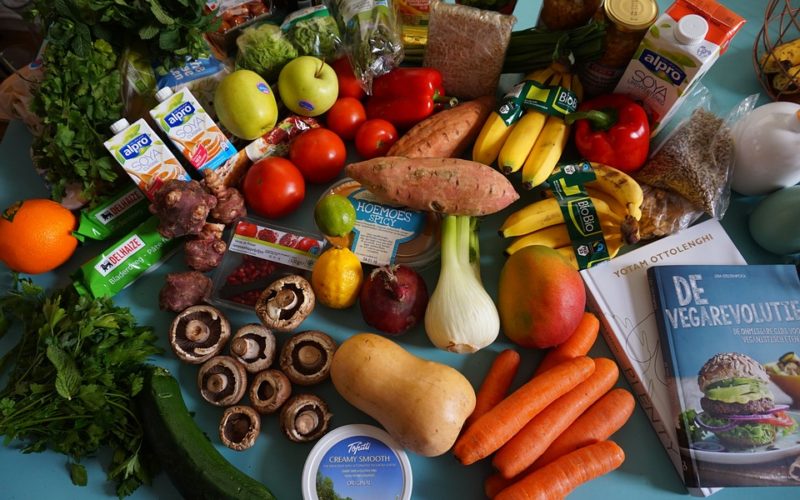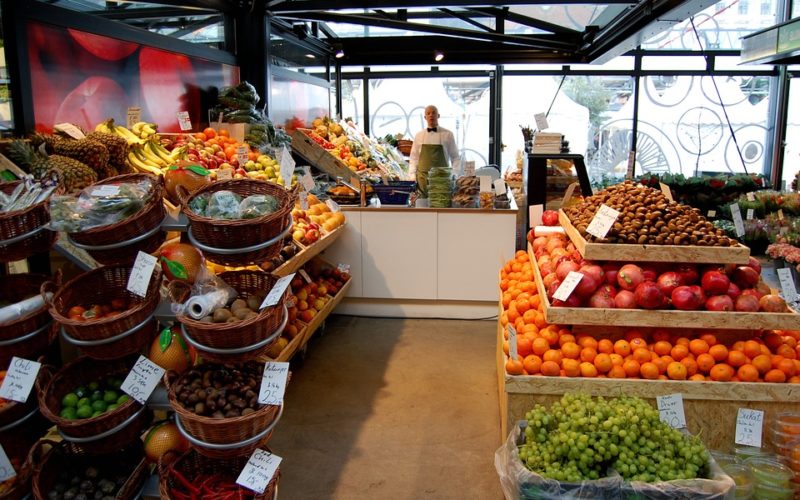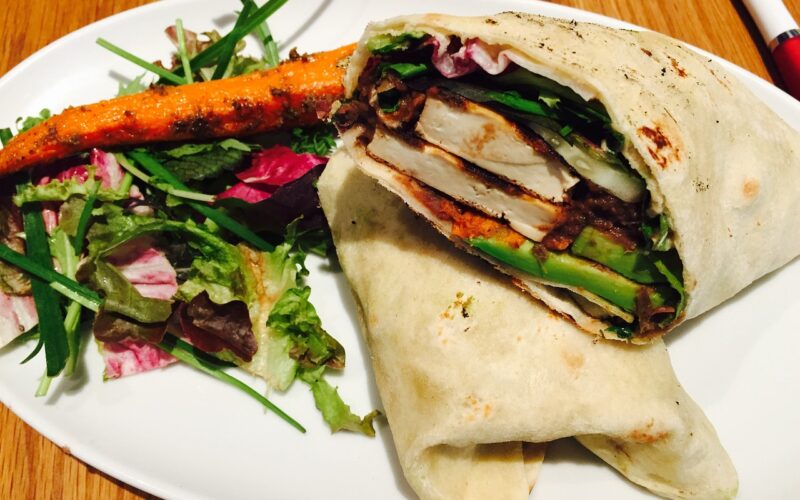Switching To a Plant-Based Diet
The movement towards plant-based diets is gathering pace as more people are becoming aware of its health and environmental benefits. If you're contemplating this shift, it can seem daunting at first. However, armed with the right knowledge and a structured approach, transitioning to a plant-based diet can be a smooth and rewarding process.
Understand your reasons for transitioning
Whether it’s the desire to improve your health, concerns for animal welfare, or the motivation to reduce your carbon footprint, clarity on why you're making the change is crucial. These reasons will anchor your commitment and help you stay motivated, especially during the initial adjustment period.
Start with gradual changes
An all-or-nothing approach rarely works with dietary changes. Instead, start by incorporating more plant-based meals into your diet. This could be a 'Meatless Monday' or swapping out dairy milk for almond or soy alternatives. These small changes allow you to explore different foods and recipes without feeling overwhelmed.
Learn the basics of plant-based nutrition
One common concern when switching to a plant-based diet is getting enough protein. The good news is that there are plenty of plant-based protein sources, such as beans, lentils, tofu, and quinoa. Besides protein, ensure you're also getting enough iron, calcium, omega-3s, and vitamins D and B12, all of which are crucial for maintaining good health and are available from plant sources or supplements.
Explore a variety of foods
A plant-based diet doesn't have to be boring. There are countless fruits, vegetables, grains, nuts, and legumes that most of us never try. Experiment with international cuisines that are rich in plant-based dishes, such as Indian, Middle Eastern, and Mediterranean. You'll discover new flavours and recipes that make eating plants an adventure in taste.
Find plant-based alternatives to your favourites
Almost all your favourite meals can be made plant-based with a few clever substitutions. Love cheese? Try nutritional yeast or cashew cheese. Can’t live without burgers? Bean patties or commercially available plant-based burgers might become your new favourites.
Plan your meals and snacks
Planning is essential when switching diets. It ensures that you're eating a balanced meal and avoiding the temptation of falling back on convenience foods. Meal planning also reduces food waste and saves money by streamlining your grocery shopping.
Connect with the plant-based community
The popularity of plant-based diets means that there is a thriving community online and possibly in your local area. Connecting with like-minded individuals can provide you with the support, ideas, and motivation you need to maintain your new lifestyle. Forums, Facebook groups, or local meet-ups can be excellent resources.
Listen to your body
Remember that everyone's body is different and what might be a superfood for one person may not agree with you. Listen to your body and how it reacts to your new diet. Consult a nutritionist if you have specific health concerns or allergies and always consider professional advice for personalised diet plans.
Enjoy the process
Transitioning to a plant-based diet is not just about changing what you eat, but also learning about nutrition, cooking, and the impact of your food choices on the world. Enjoy the process of discovery, the pleasure of cooking fresh meals, and the benefits you're bringing to the planet.
Persist through challenges
You might face challenges such as dining out or finding suitable food while travelling. Don’t get discouraged. More establishments are offering plant-based options, and with a bit of research, you'll find that maintaining your diet can be convenient no matter where you are.
Transitioning to a plant-based diet is an empowering step
Making the switch to a plant-based diet is not just a dietary change; it's a lifestyle choice that benefits your health, the lives of animals, and the environment. With each meal, you're making a positive decision that has a ripple effect far beyond your plate. The key is to approach the change with patience, curiosity, and openness to try new things.













